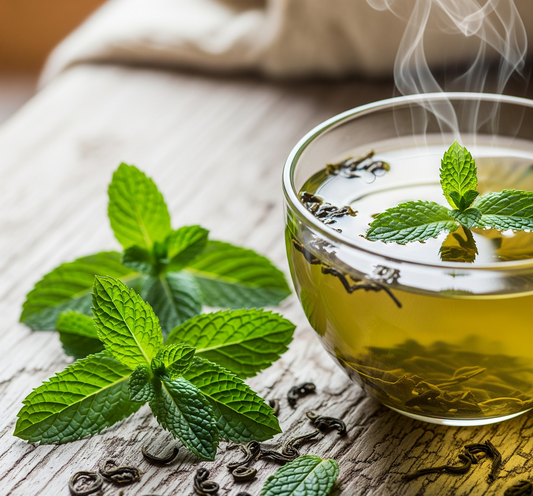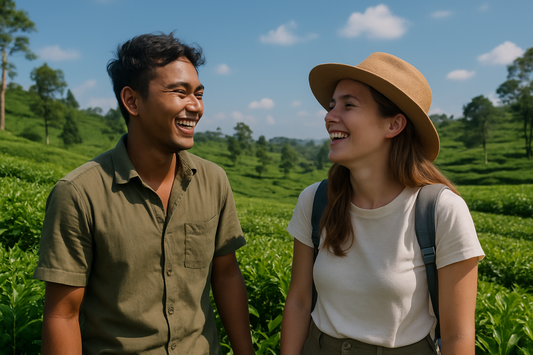Tea tourism, also known as tea travel or tea-related tourism, refers to a type of travel that focuses on exploring tea culture, tea plantations, tea production processes, and the history of tea in various regions around the world.
It's a niche form of cultural and culinary tourism that has gained popularity among travelers interested in experiencing the world of tea beyond just sipping a cup at home.
Tea tourism offers travelers the opportunity to:
-
Visit Tea Plantations:
Travelers can visit tea plantations where tea leaves are grown and harvested. This often includes guided tours of the fields, where visitors can learn about the different types of tea plants, cultivation methods, and the plucking process. -
Tea Tasting:
Tea tourists can participate in tea tasting sessions led by experts. They get to sample various types of tea, learn about flavor profiles, and understand the nuances of brewing methods. -
Tea Processing:
Visitors might get a chance to witness the tea processing steps, which can vary depending on the type of tea (green, black, oolong, etc.). This could include withering, rolling, oxidizing, and drying. -
Cultural Immersion:
Tea tourism often provides insights into the local culture, traditions, and rituals associated with tea. This might include traditional tea ceremonies or cultural performances. -
Historical Context:
Many tea-producing regions have rich histories related to tea cultivation, trade, and consumption. Tea tourists can learn about the historical significance of tea in these areas. -
Local Cuisine:
Tea often plays a role in local cuisine beyond being just a beverage. Travelers can explore tea-infused dishes and culinary traditions that incorporate tea leaves. -
Souvenirs:
Tea tourism destinations usually offer opportunities to purchase high-quality teas and related products, making for unique souvenirs to take back home. -
Wellness and Health:
Some tea tours might focus on the health benefits of tea, incorporating activities like yoga, meditation, and wellness retreats.
Popular destinations for tea tourism include:
-
China: The birthplace of tea, with regions like Fujian, Yunnan, and Hangzhou famous for their tea cultures.
-
Japan: Known for its traditional tea ceremonies and high-quality green teas like matcha and sencha.
-
India: Home to diverse tea regions, such as Darjeeling, Assam, and Nilgiri, each producing distinctive types of tea like black, white, and oolong.
-
Sri Lanka: Famous for Ceylon tea, with lush plantations in areas like Nuwara Eliya and Kandy.
-
Taiwan: Renowned for its oolong teas, with tea plantations often nestled in picturesque mountainous landscapes.
-
Kenya: A major African tea producer, offering insights into tea cultivation on the African continent.
-
Nepal: Nepal is indeed a notable destination for tea tourism, particularly known for its high-altitude tea plantations and unique teas.
However, it's important to note that while Nepal is recognized for its tea production, it's not as commonly associated with tea tourism as countries like China, Japan, India, and Taiwan. That being said, Nepal does offer a distinctive tea tourism experience. We are doing it, Click here for more details ...
Tea tourism not only benefits travelers by providing unique and enriching experiences but also contributes to local economies by promoting sustainable agriculture and preserving cultural heritage related to tea.




